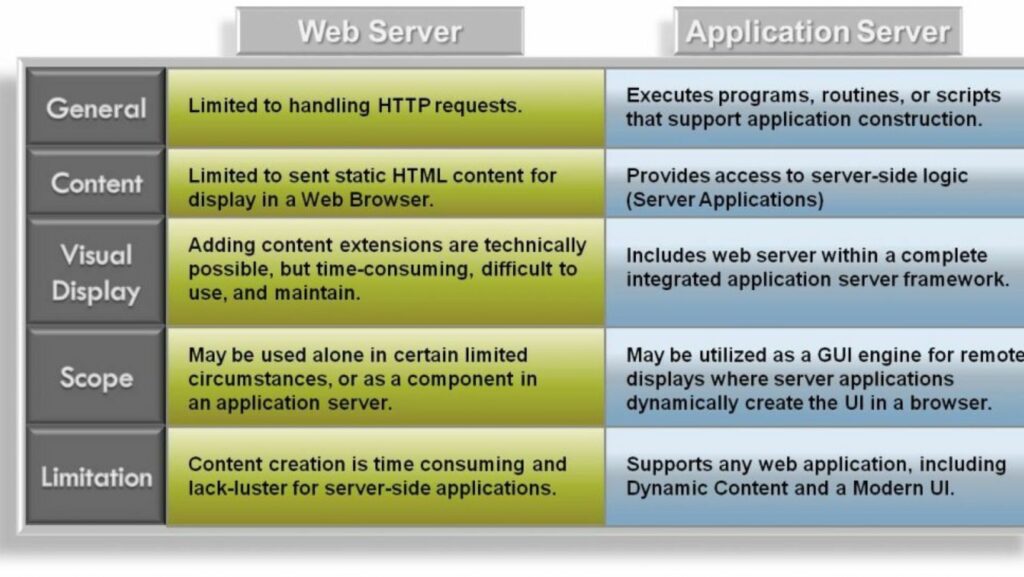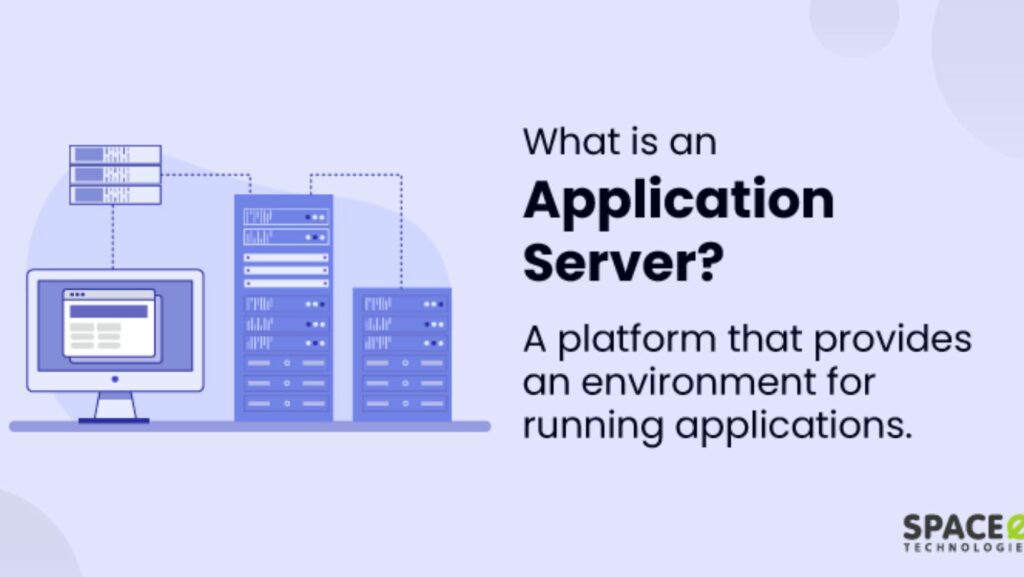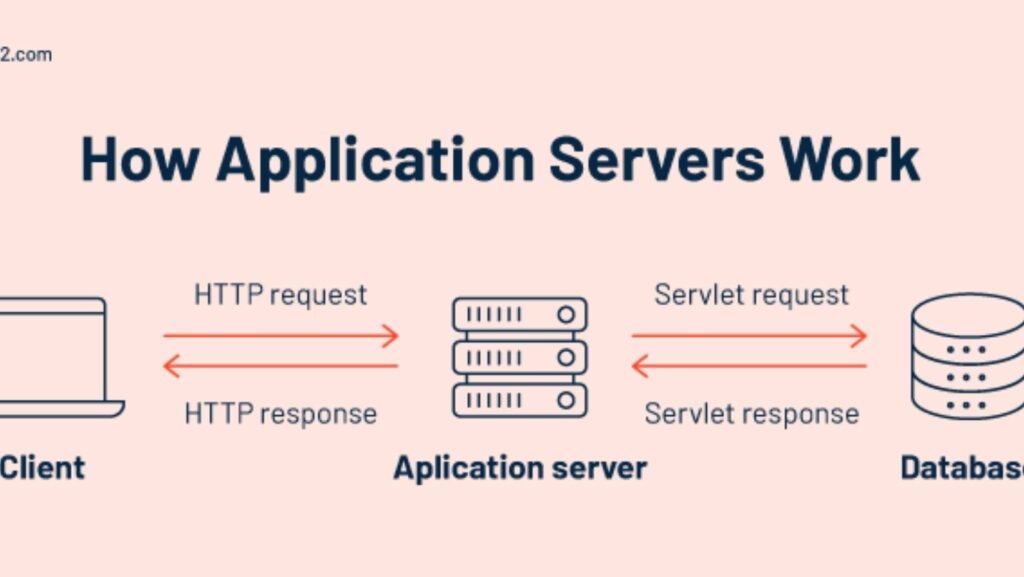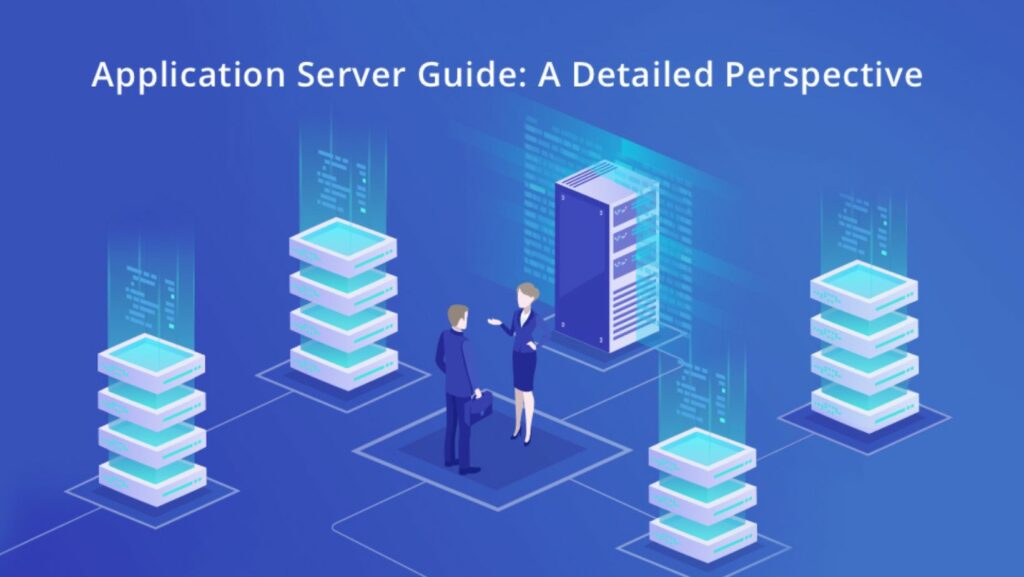
List of Application Servers

When it comes to powering dynamic web applications, having the right list of application servers is key. In this article, I’ll delve into a comprehensive list of application servers that are essential for developers and businesses looking to deploy robust and scalable software solutions. From popular names to emerging technologies, the world of application servers offers a diverse range of options to cater to various needs.
As I explore each application server on the list of application servers, I’ll highlight key features, performance capabilities, and compatibility to help you make informed decisions based on your project requirements. Whether you’re a seasoned developer or a tech enthusiast eager to learn more about the backbone of web applications, this compilation will serve as a valuable resource to navigate the ever-evolving landscape of application server technologies.
Understanding Application Servers

An application server is a software framework that provides an environment for running web applications. It acts as an intermediary between users’ devices and the backend database or other data sources. Application servers handle the dynamic processing of requests, ensuring seamless interaction between clients and servers.
In modern computing, application servers play a vital role in enabling the efficient deployment and management of web applications. They provide essential services such as transaction management, security, and scalability, ensuring that applications run smoothly and securely. By supporting multiple programming languages and frameworks, application servers offer flexibility for developers to design and deploy diverse applications tailored to specific requirements.
Types of Application Servers
Java Application Servers
In the realm of application servers, Java-based servers are highly regarded for their robust functionality and widespread adoption in the development community. Java application servers, such as Apache Tomcat, IBM WebSphere, and Oracle WebLogic, offer a reliable environment for running Java applications. These servers support Java EE (Enterprise Edition) specifications, enabling developers to build enterprise-grade applications with features like transaction management, security, and scalability. Java application servers play a vital role in ensuring optimal performance and seamless execution of Java applications, making them a preferred choice for many enterprise-level projects.
.NET Application Servers

.NET application servers are specifically designed to host and execute applications developed using Microsoft’s .NET framework. Servers like Internet Information Services (IIS) and Microsoft Azure provide a robust platform for deploying .NET applications with high performance and security.
.NET application servers offer seamless integration with other Microsoft technologies, facilitating the development of scalable and dynamic web applications. These servers empower developers to leverage the full potential of the .NET framework, ensuring efficient execution and management of applications tailored for the Windows ecosystem.
PHP and Other Language-Specific Servers
Apart from Java and .NET, there are specialized application servers tailored for languages like PHP and other programming frameworks. PHP application servers like Apache HTTP Server with PHP module and Nginx with PHP-FPM support the hosting and execution of PHP-based applications. These servers optimize PHP performance, provide secure communication, and enhance the scalability of PHP projects. Similarly, other language-specific servers cater to the unique requirements of different programming languages, offering optimized environments for seamless application deployment and management tailored to specific language ecosystems.
Scalability and Performance
When considering application servers, scalability and performance are critical aspects to evaluate. Scalability refers to an application server’s ability to handle increasing workloads by efficiently allocating resources as demand grows. For instance, Apache Tomcat, a popular Java application server, boasts excellent scalability features, ensuring that web applications can efficiently manage a large number of user requests without compromising performance. Similarly, IBM WebSphere is known for its robust scalability, making it a top choice for high-traffic enterprise applications.
Security and Reliability
Security and reliability are paramount when selecting an application server for deployment. A reliable application server ensures continuous operation without unexpected failures, providing a seamless user experience. Microsoft Azure, a leading .NET application server, is renowned for its top-notch reliability, guaranteeing minimal downtime for hosted applications. Moreover, security is a significant concern in today’s digital landscape, and application servers like Internet Information Services (IIS) prioritize robust security measures to protect sensitive data and prevent cyber threats, offering a secure environment for hosting web applications.
